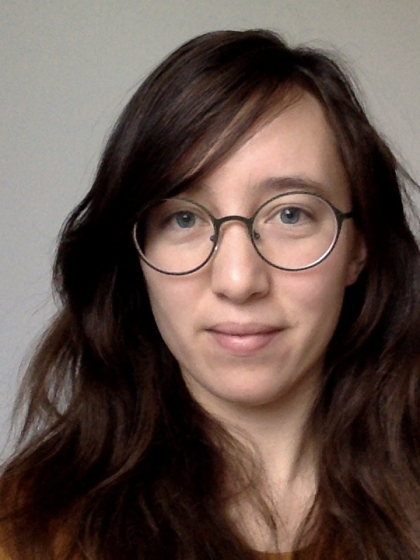dr. H.J.E. (Hedy) Greijdanus

Citizens’ perspectives: Police on social media
In early 2023, several Extinction Rebellion activists were arrested in the Netherlands following their online call for a blockade of the A12 highway as climate action. The public outrage following this police action illustrates that police intervention in response to (alleged) online incitement of disorder can sometimes unintentionally cause more unrest than it averts.
What options do the police have to respond (online) to and intervene in social media posts that potentially incite disorder or violence? Which aspects of such police responses influence the behaviour (intentions) of (activist) citizens? How does police behaviour influence (activist) citizens’ perceptions of the legitimacy of the police? What are the consequences for their trust in the police? Answers to such questions are relevant for the police as well as activists and social movements. We are investigating this in a project, funded by Politie en Wetenschap (Police and Science), in which we want to give Dutch citizens and especially activists a voice in how the police can make their approach more constructive.
More info: http://rug.nl/gmw/blauw-online
ConNect: Building an online intervention matrix
Amsterdam and the Amstelland municipalities increasingly observe that online incitement and challenge leads to serious incidents of violence. An example of this is tensions between drill rap groups and resulting disruptions of public order and violence. Amsterdam wants a better understanding of how online group dynamics can lead to violence on the street and on this basis it can de-escalate, intervene and find ways to prevent or reduce future violence. There is a lot of experience with the role that community police officers, youth workers, and street coaches can play offline to connect with young people and offer them what they need (setting boundaries and offering perspective). However, an increasing part of young people's lives takes place online. Professionals therefore see the need to have a greater online presence and to better understand what is going on there and respond accordingly.
This research project was carried out by the University of Groningen and the NHL Stenden University of Applied Sciences on behalf of the Actiecentrum Veiligheid en Zorg Amsterdam- Amstellandgemeenten (Action Center for Safety and Care Amsterdam-Amstelland Municipalities), in the context of the City Deal Lokale Weerbaarheid Cybercrime (Local Resilience Cybercrime) of the Dutch Centre for Crime Prevention and Safety.
This project resulted in a Dutch interactive intervention matrix (download a printable version here) based on a literature review and a praktice investigation (all in Dutch).
Social media and collective action surrounding gas extraction in Groningen
Gas extraction has been a gift for the Dutch government, but has been causing series of earthquakes for years, which together cause considerable damage (hence in popular parlance called a slow-motion disaster). Although the mining damage caused by gas extraction initially only resulted in limited protests, the situation in Groningen has grown into a problem that has attracted national attention, especially since the earthquake in Huizinge on August 16, 2012. This report commissioned by the Dutch National Coordinator for Counterterrorism and Security reports on a series of investigations into social unrest and protest surrounding this case.
You can download the (Dutch) report via http://bit.ly/onlineactie-rapport.
| Last modified: | 19 December 2023 12.11 p.m. |
